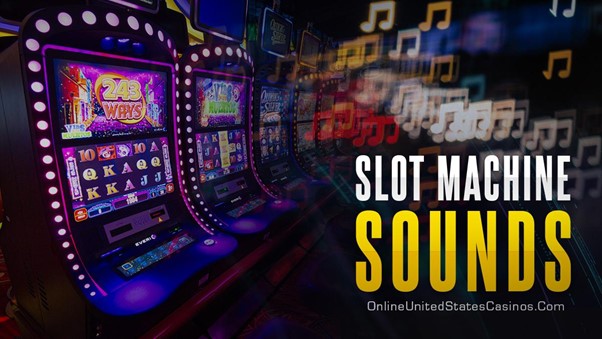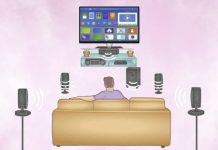
Casinos, in the modern sense of the word, initially appeared in Venice around the mid-17th century. Today, their most profitable products are games that involve spinning reels with symbols on them, mainly called slots, but also going by the names puggies, pookies, and fruities. These machines first got developed in 1981 by a New York-based company run by two friends, Pitt and Sittman from Brooklynn.
Their five-card drum device got simplified by Charles Augustus Fey of San Francisco a few years later. He did so by reducing the number of drums to three and incorporating an automatic payout mechanic. Fey dominantly gets credited for inventing the first slot machine.
Some sixty years after his creation got released, Bally Industries came up with the first electromechanical reel-spinning game, and this genre took over the casino-gambling world. From that point on, slots became this industry’s cash cows. They generated most of this sector’s revenues, primarily due to their low operating costs and fast gameplay.
Before electronics got into the mix, slots were somewhat dull devices. Moreover, due to widespread anti-gambling stances, they mainly paid out prizes like free drinks and cigars. Yet, once game developers could incorporate flashing lights and joyful sounds into slot gameplay, they went all out.
Hence, today, when a non-gambler hears these machines discussed, the first things that come to mind are pulsating illumination, alarm-like noises, and flashing jackpot signs. Gambling operators know that keeping players engaged is essential in extending their gaming sessions, so they use every tool they have to keep eyes glued to screens and hands hovering over the spin button. Sounds are an integral part of this equation. Below, we explain how.
How Sounds Affect Behavior
There is no doubt that sound, even though invisible, is a powerful force that can elicit a myriad of reactions in a listener. A sudden one can stop people in their tracks, and a child’s uncontrolled laughter can bring a smile to most faces.
According to a study published in Scientific Reports, conducted at the Brighton and Sussex Medical School, natural sounds inherently affect the body’s rest-digest autonomic nervous systems and the flight-or-fright response. That is so because hearing is primary a warning sense. Dramatic noises can cause the release of cortisol, change breathing patternс, and increase heart rate. Those are only its physiological effects.
Sounds can alter mood, and they can modify cognitive function. The combination of these two can cause individuals to behave in specific ways. Sometimes, when people say that they feel a distinct emotion in a venue, often that can get attributed to its acoustic properties, which mold how sounds move inside them.
What is particularly interesting is that some reports show that noise pollution is a vital factor contributing to work-related harm. For example, one cross-sectional study in Iran clearly outlined that chronic exposure to loud noises can increase aggressive behavior.
A 2014 research from the Medical University of Plovdiv, Bulgaria, yielded similar results. It added that continuously hearing noises above the perceived regular threshold disproportionally affects older people, boosting their aggression levels.
The Psychology Behind Slot Noises
In 2020, Marcia Spetch, a professor of psychology at the University of Alberta, led a study that strived to prove that game sounds increased players’ desire to gamble. It is notable to point out that her research focused on internet reel-spinners. Though, that makes little difference as online slots make similar noises to their physical counterparts.
Professor Spetch proved that audio cues, like coins rattling, make slot game winnings more memorable. Thus, the attraction of slots can get influenced by factors other than the winning amount in play. Memories and emotions also play a role.
The first association laypeople have towards slot sounds is that joyful noises stimulate people to play more as they lift their mood, providing a sense of euphoria. However, gamblers should be aware that their attraction towards gambling may be biased, guided by a false perception of the past.
In 2018, the University of British Columbia ran a comparable study that indicated that most gamblers engage more in risky decision-making when exposed to exciting jingles on gaming floors. In the absence of such sensory cues, study participants demonstrated far more conservative betting patterns.
Casinos have likely known this for years, as virtually all gaming venues feature multiple sensory hacks that aim to disorient and keep patrons from leaving. These range from no windows and clocks on the walls to checkered carpets and colorful lights everywhere. Loud, exciting sounds create the illusion that someone is winning nearby and the belief that those hearing them could be next.
About the Author
Shelly Schiff has been working in the gambling industry since 2009, mainly on the digital side of things, employed by OUSC. However, over her eleven-year career, Shelly has provided content for many other top interactive gaming websites.
She knows all there is to know about slots and has in-depth knowledge of the most popular table games. Her golden retriever Garry occupies most of her leisure time. Though, when she can, she loves reading Jim Thompson-like crime novels.











